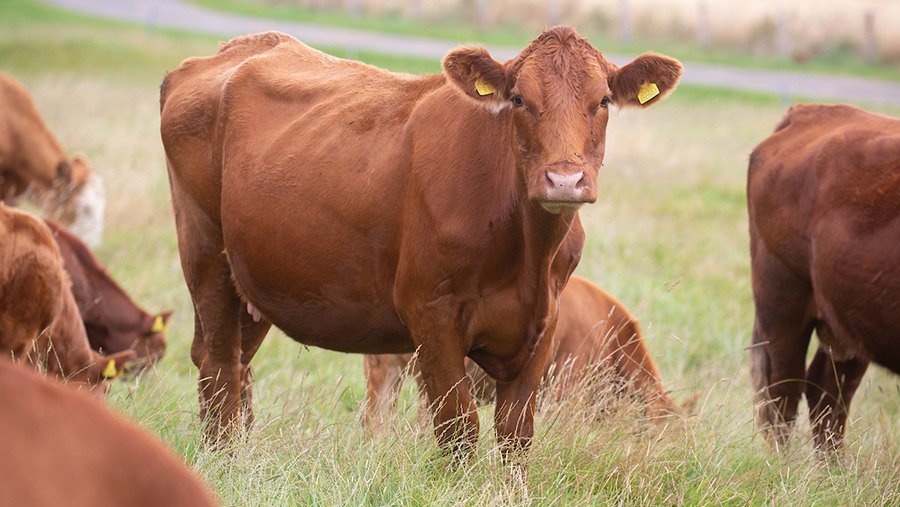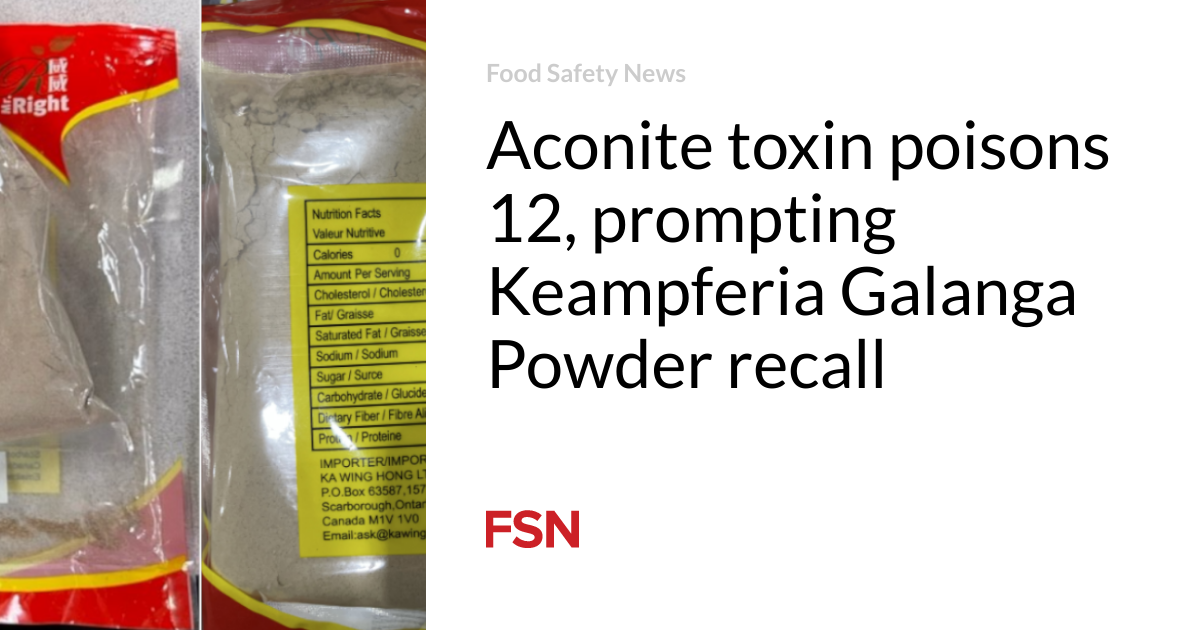Livestock farmers need to crack on with actions to reduce greenhouse gas emissions, whatever the imperfections that still exist with measuring their emissions on farm, says a new report from farm business consultant Andersons.
The report Tackling greenhouse gas emissions on grazing livestock farms concludes that the current tools and methodologies for assessing carbon footprints are far from perfect.
See also: Drought pressures cattle weights in dry South
But “improvement against an imperfect measure is still progress – much better than seeking perfection from the outset”, says the report, noting that there are between 60-80 different calculators available.
“The farming industry needs to avoid fixating on the details of the calculation methods and focus more on making the changes necessary to reduce emissions,” said report author James Webster.
“Society expects agriculture to play its part and the industry will be judged on improvements made.”
The report suggests that many farmers are adopting a wait-and-see attitude, until there are clear commercial opportunities.
It adds that targeted government help through emerging agri-environment policies to reduce emissions and sequester more carbon would also be required.
But action now can certainly deliver clear benefits.
The report points to certain low-carbon practices – such as reducing the use of expensive artificial fertiliser, improving livestock health and better slurry management – as ways to reduce emissions and raise productivity.
“In some cases, �?doing the right thing’ environmentally is also good for business as it simply involves more efficient production,” says the report.
Methane matters
Despite all this, Andersons argues that there is a strong case for methane – one of the key greenhouse gases emitted by agriculture – to be treated differently.
“Clear distinctions are needed between methane from enteric fermentation (livestock) and methane emitted from fossil fuels,” said Mr Webster.
“The former is recycled, if livestock populations and feeding methods remain largely the same over time.
“The latter is �?new’ methane which has a much more potent impact, especially as methane production from energy (38%) accounts for a similar share of global output as agricultural methane (40%).”
The report also notes that waste accounts for 20% share of methane emissions. “Much of this is food waste and needs reducing with urgency,” it says.













